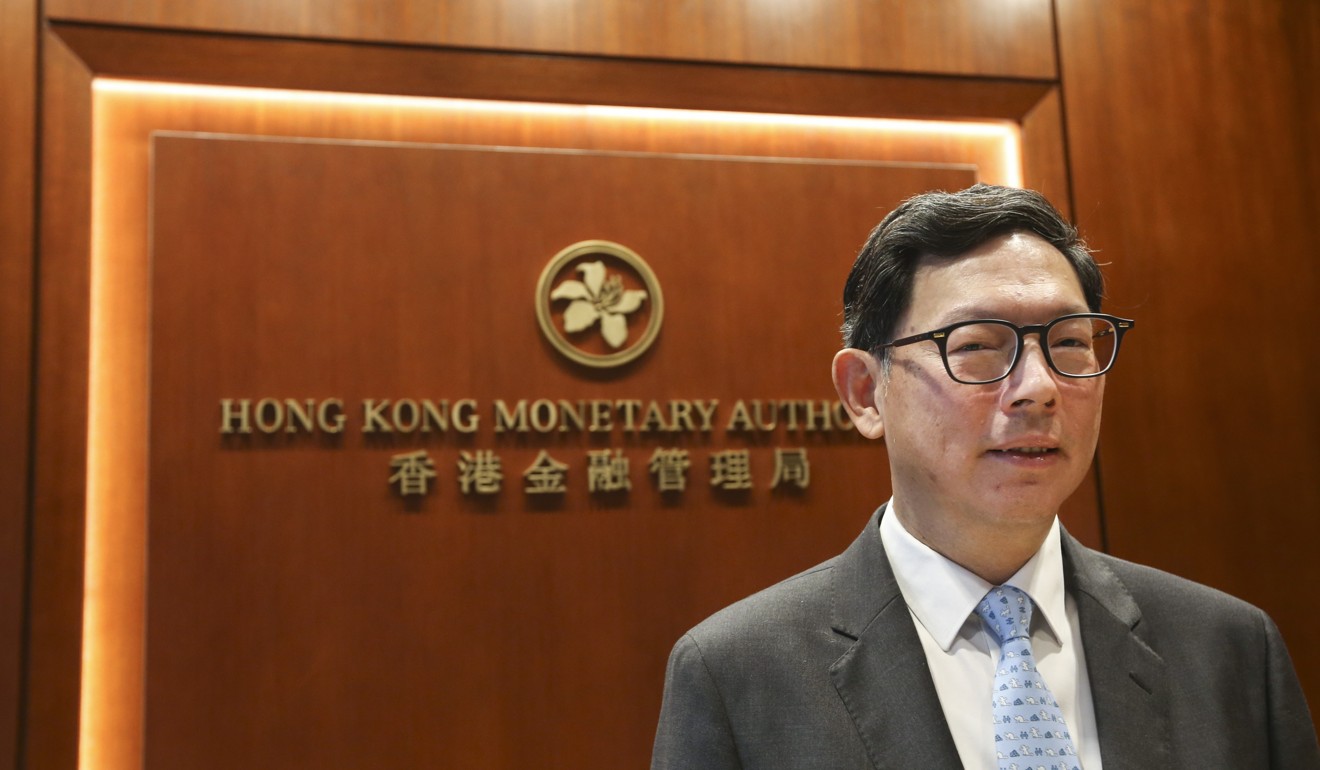
Exclusive | Tax laws poised to change in effort to lure more private equity fund houses to Hong Kong
Separate statements from Financial Secretary Paul Chan and Norman Chan, Hong Kong Monetary Authority chief executive, made in the past week
The Hong Kong government is poised to make changes to its restrictive tax exemption laws on private equity funds, in an effort to compete with Singapore and other markets as a start-ups fundraising centre.
Financial Secretary Paul Chan vowed, in a blog on Sunday, to change the laws to help attract more private equity funds to base themselves here, while Hong Kong Monetary Authority chief executive Norman Chan Tak-lam also last week indicated the government was set to review the tax regulations, with the same intention.
The sticking point is a 16.5 per cent profit tax, which is waived only if certain conditions are satisfied, such as if the private equity funds’ central management and control is actually outside Hong Kong.
If private equity funds invest in any Hong Kong-based starts ups, they cannot take advantage of the benefit.
To make things worse, if a private equity fund is investing in a portfolio of start-ups in different markets, including even one in Hong Kong, then all profit made by the entire portfolio of the fund would need to pay full tax.

The renewed calls for a rethink on the tax come after government-appointed think tank, the Financial Services Development Council (FSDC), issued a report in July calling for a relaxation in the law to give exemption to the private equity funds investing in Hong Kong.
“The current tax exemption law for private equity firms is too restrictive as it discourages investment in Hong Kong start-ups and other private companies,” said Florence Yip, financial services tax leader at accounting firm PwC, who is also a member of the FSDC.
“This is contradictory to Hong Kong government policy, to promote Hong Kong as a start-up centre.
“Hong Kong needs to act quickly as the current law is too restrictive for private equity funds to come here to invest in our start ups.
Hong Kong needs to act quickly as the current law is too restrictive for private equity funds to come here to invest in our start ups. Hong Kong is lagging badly behind Singapore where a number of tax measures have been introduced to encourage private equity funds to set up there
“Hong Kong is lagging badly behind Singapore where a number of tax measures have been introduced to encourage private equity funds to set up there,” she told South China Morning Post.
In Asia, total assets under management in private equity funds have reached US$784 billion, with Hong Kong-based advisers handling around 30 per cent of that. Yip said a change in the tax laws could significantly increase that number.
Not being able to take advantage of the 16.5 per cent tax waiver, “has discouraged private equity funds investing in any local start ups; some even prefer investing in start-ups in India or Japan or other overseas markets”, she said.
“If private equity funds want to invest in Hong Kong start-ups, they generally set up operations outside Hong Kong to avoid this problem,” she said, because of it.
Hong Kong’s tax laws also ban private equity funds’ setting up special purpose vehicles (SPV) to manage a start-up in which it invests. The purpose of an SPV is to allow a parent company to make highly leveraged or speculative investments without endangering the entire company. If the SPV goes bankrupt, it will not affect the parent company.

Yip said the government should remove all these restriction to allow private equity funds to be set up as limited partnerships in Hong Kong with central management and control in Hong Kong which can also invest in local start-ups and private companies, other than property firms, which could enjoy the tax exemption.
She also wants to see a change to the current arrangement that if one investment item among a portfolio does not qualify for tax exemption, it should only be the revenue arising from this investment that would need to pay profit tax.
“The tax rule changes made in 2006 to exempt profit tax imposed on offshore hedge funds investing in listed securities led to Hong Kong-authorised funds growing sevenfold in the past decade.
“This kind of tax reform would attract more overseas fund houses to come to Hong Kong, and subsequently hire more people here.
“It’s time now to expand that to the private-equity fund sector, which could prove an important funding source for local unlisted start-ups,” she said.

